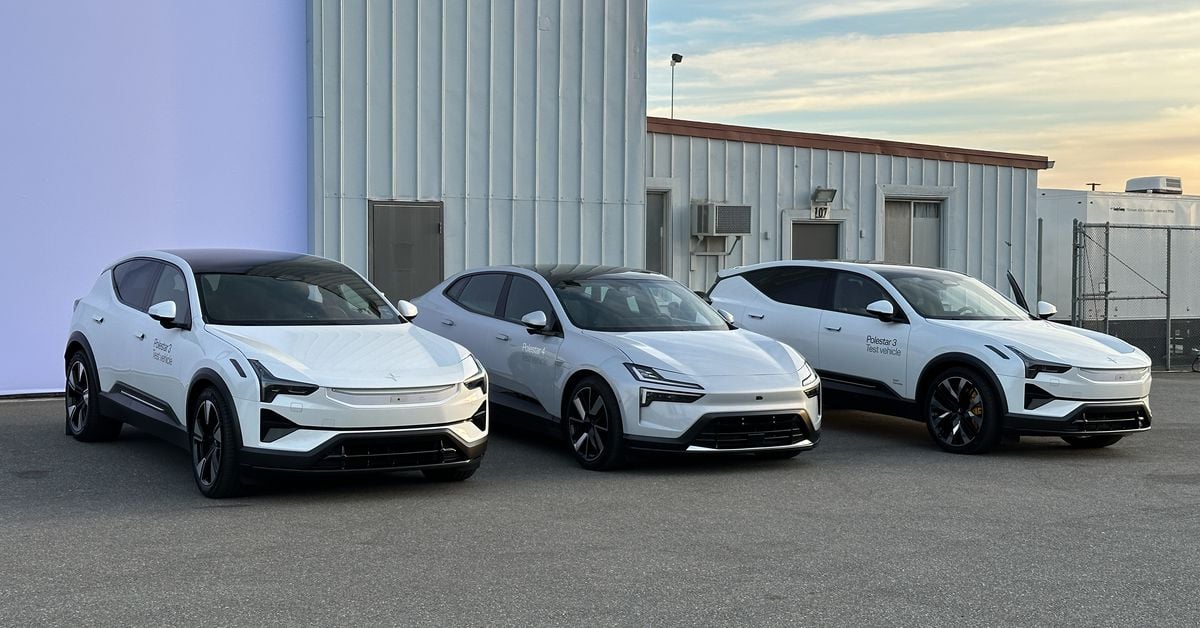Remember when the US lectured the world on opening markets and free trade?
that was just to abuse our markets
But not China!!!
(Except for the copious amount of drop shipping we do, component parts, manufacturing, and many other aspects of the global economy we engage with them on and will continue to do unabated once the political theatre is out of the way because people want to believe in a boogeyman that’s making eggs more expensive)
Nothing will meaningfully improve until the rich fear for their lives
One of the main supporters for this was the UAW. Real rich people don’t care about this, if this hadn’t passed they wouldve just sold there shares in American auto companies and invested in Chinese companies, or moved manufacturing to China for higher subsidies, lower labor costs and even bigger profits, or use that as a threat to lower wages here. Under globalism capital is free to move to wherever there is the most profit.
This isn’t a rich vs poor situation, it’s a worker vs consumer situation.
Whoa unexpected call for violence.
Huh. No mention of rules to prevent the Chinese from buying these data on the secondary market. Weird.
I keep saying that it’s just a fantasy that everyone and big tech in particular isn’t quietly selling stuff to the Chinese, especially our data since it’s so easy. Why would they be beholden to national interests when they only exist to make money?
Don’t worry I’m sure the billions of dollars we just gave GM to make an EV will actually result in GM making an EV and totally not pocketing free tax payer money for the nth time.
Source?
Lame, I would totally have bought one.
That’s the point. This is nothing more than protectionism so you continue to buy western made cars. Now you don’t even have a choice.
That’s…overstepping a bit here. They aren’t banning all foreign cars. They’re banning cars from a state enemy that aims to enrich said enemy. They aren’t banning Hyundai, Honda, Kia…etc. China has been straight up bragging about destroying the US economy and car industry with the BYD slave labor built cars. It would be stupid if they didn’t do something about that.
When China has the only affordable EVs currently and the US government prevents Americans from buying them, then that means the US government made a decision to slow the global adoption of EVs.
They don’t have the only affordable EVs, they have the CHEAPEST. There’s a big difference.
I know it’s hard to imagine what it’s like, but when somebody is poor then “cheapest” = “only”
I can afford chinese EVs that go for 10-12k
I can’t afford a 35-60k tesla, or would buy one on principal.
That’s why this slows the world’s transition to EVs.
Our oligarchs want us to compete to the death for their ever dwindling relative to inflation and productivity scraps, but they’ve grown too powerful to tolerate competition themselves.
Not when they’ve gone to all the trouble of normalizing monopolies and duopolies at home.
On one hand this will slow the ev transition.
On the other car manufacturing is one of the few industries left in America with some union density and decent wages and having to compete with subsidized Chinese evs that are made with a fraction of the labor costs would destroy that industry.
Globalism hurts workers and helps consumers. One of the triumphs of neoliberalism is to get people to identify as consumers first and workers second.
Protectionism has historically not done well for any country that’s implemented it. If we wanted to improve American industry, then we should be focusing our efforts and dollars on improving local industry to compete.
Full protectionism does cause problems with inflation and degrading the competitiveness of firms, but full neoliberal globalism leads to a race to the bottom on wages and working conditions.
The answer is somewhere in the middle, we shouldn’t be putting blanket tariffs on a country or the entire world. But we also shouldn’t turn away from possibly helpful protectionist policies.
Tarriffs can help in new and developing industries to make sure they aren’t strangled in the crib by foreign competition. A large reason for the success of the development of south Korean and Taiwanese economies was due to initial protectionist policies . The tariffs have to be understood to be temporary though but they can help in getting an industry off the ground.
I’d argue electric vehicles are an emerging industry that will be very important if the world shifts to a greener economy. Letting China take over that market and dominate it would be detrimental to the strength of our economy long term.
I would be curious to poll the Seattle WTO protesters and see how they voted in the last election.
I recently moved to the Midwest from the West Coast and understand how Globalist policy kinda sucks for a lot of people out here.
Great taxpayer money going to luxury cars for rich people. The party of the rich and upper middle class.







